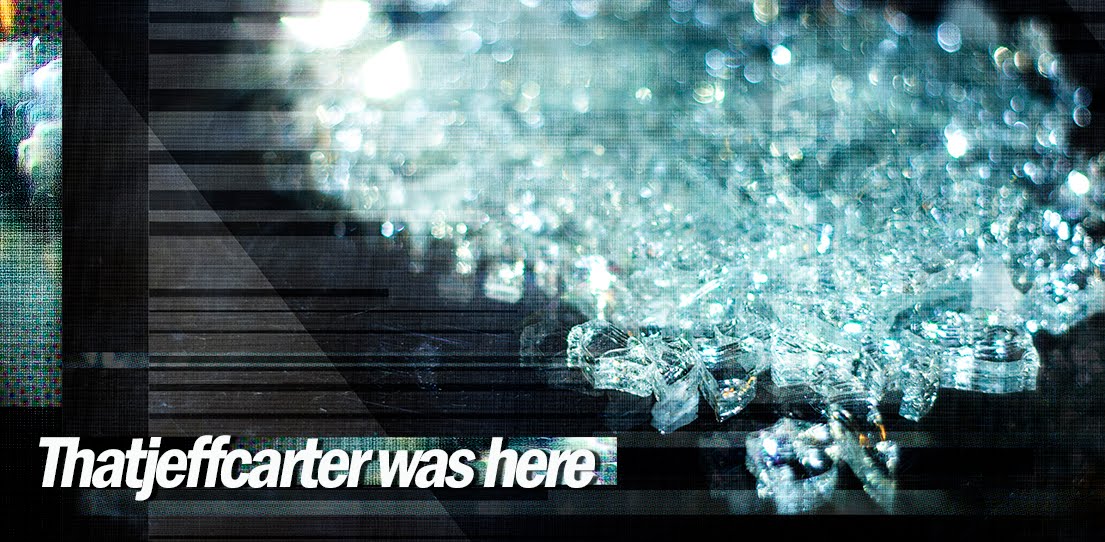I wrote about the short story "Arena" by Fredric Brown, and Hugo Gernsbeck's definition of a scientifiction story.
The short story
“Arena” by Fredric Brown is a fine
example of Hugo Gernsbeck’s definition of science fiction. It fits the protocol, “"The ideal
proportion of a scientifiction story should be 75% literature interwoven with
25% science." In Gernsbeck’s
definition a science fiction story shouldn’t be overwhelmed by scientific
details, but rather, allow a general understanding of science to lay a
foundation for an exciting story. Although “Areana” was first published in the
June 1944 issue of Astounding magazine
– a competitor to Gernsbeck’s Amazing
Stories - it still displays Gernsbeck’s guiding principal: 25% science, 75%
literature.
The actual science
content of “Arena” is fairly thin. There
are space craft that can travel out to Pluto’s orbit (Brown 228). The human characters use long range
“detectors” (Brown 229). There’s an
understanding of gravity and the realization that different planets have differing
gravitational fields (Brown 230) and “radiotronic” messages sent across space
(228). The concept of evolutionary development is treated very briefly (Brown
231). These are scientific aspects that the reader can understand and
accept. They are grounded in the reality
that we know and, to some extent, understand.
But ”Arena” takes
off from that thin scientific foundation to tell a story of an advanced
creature, “the end of evolution of a race so old the time can not be expressed
in words….a race fused into a single entity, eternal” (Brown 231). This isn’t science. Not really.
It’s imagination based on science.
This highly developed creature/species has powers that seem almost
godlike, the ability to instantaneously transport two specimens of warring
societies to some sort of timeless intradimensional space (Brown 232). This is definitely not science, not as we
understand it anyway, but Brown writes it well and, having grounded it with
science that we do and can understand, develops the story with a literary
freedom.
Pitted against a
member of the “Outsiders” species as the champion of Earth in a timeless space
within space combat arena, Carson, the human protagonist, uses a sort of
scientific approach. In this fight to
the death that will decided the fate of both species, Carson uses science (of a
sort) to defeat his opponent. Again, the
actual science is thin here, but it’s the scientific approach guides the
story. Carson uses a scientific method –
asking questions, making hypotheses about his environment, experimenting,
developing conclusions – and it is this that allows him to eventually overcome
his opponent, and to save the human race.
The scientific details are detailed – that would slow the story. But there are there to ground this fantastic
story in what we know of reality.
In 1944, as World
War II was turning in favor of the Allied forces, this story would certainly
have resonated with its American readers.
“Arena” begins with the threat of invasion from the “Outsiders,” an
alien race armed for battle and ready to conquer our Solar system. It would be easy to read the Earth versus
“Outsiders” of Brown’s story as Allies versus Axis. The fate of the world seemed to hang in the
balance, and Brown uses this real world situation to inform and guide his
story. The fear and desperation of very
real people in a real life or death battle are transferred to this science
fiction story. It’s not merely a fantasy, it’s not merely a dream. It is a
scientifiction expression of real life – even if it involves little actual real
world science. It is “scientifiction.”
Brown, Fredric.
“Arena” The Science Fiction Hall of Fame: Vol. 1 1929 – 1964. New York, Orb
Books. 1970




No comments:
Post a Comment